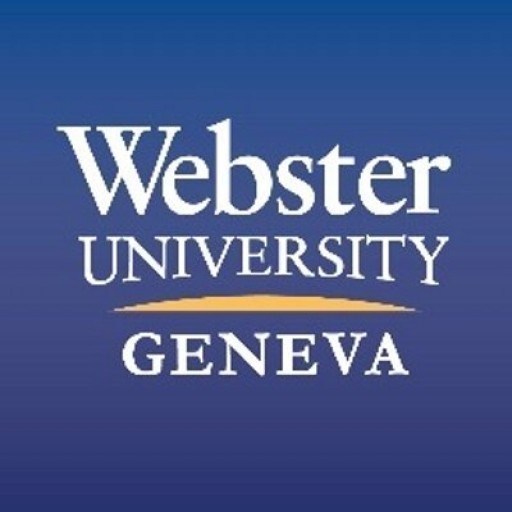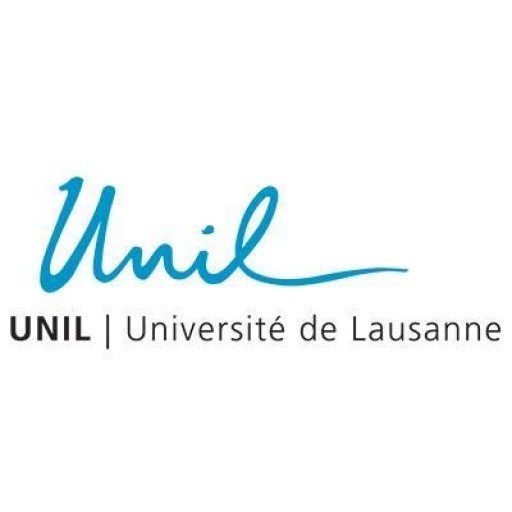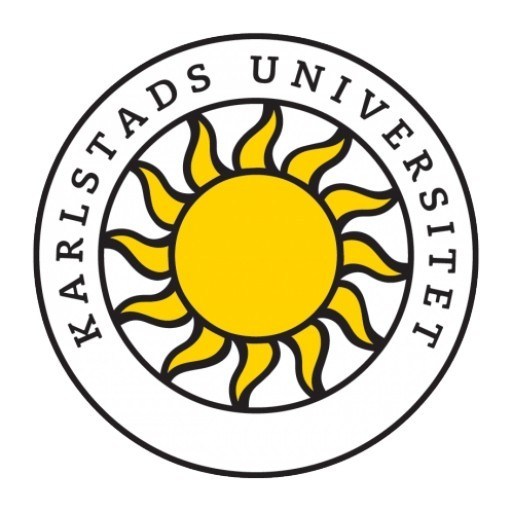Photos of university / #epflcampus
Energy Management and Sustainability at École polytechnique fédérale de Lausanne (EPFL) is a comprehensive master's program designed to equip students with the skills and knowledge necessary to address the critical challenges of energy consumption, renewable resources, and sustainable development. This interdisciplinary program combines principles from engineering, economics, environmental science, and policy to prepare graduates for leadership roles in the rapidly evolving energy sector. Students will explore topics such as energy systems, efficiency strategies, renewable energy technologies, climate change mitigation, and sustainable urban planning. The curriculum emphasizes both technical expertise and managerial competencies, fostering innovative solutions for energy optimization and sustainability. Through a mix of theoretical coursework, practical projects, and collaborations with industry partners, students gain hands-on experience in designing, analyzing, and implementing energy management strategies. The program also encourages critical thinking about societal impacts and ethical considerations related to energy use and environmental preservation. Graduates will be well-equipped to work in renewable energy companies, consulting firms, governmental agencies, and non-profit organizations focused on sustainable development. With a strong emphasis on research and innovation, students will have opportunities to participate in cutting-edge projects and contribute to the global transition toward cleaner, more efficient energy systems. The program’s international environment and collaboration with renowned research institutes ensure that students receive a world-class education aligned with the latest industry standards and scientific advancements. Upon completion, alumni will be capable of leading initiatives that enhance energy efficiency, promote renewable energy adoption, and support policy development for a sustainable future.
Theoretical elective courses 34
Environmental Chemistry and Bioprocess Engineering
- Air pollution and climate change 5
- Applied wastewater engineering 3
- Energy conversion and renewable energy 3
- Fate and behaviour of organic pollutants 4
- Groundwater and soil remediation 4
- Sanitary engineering in developing countries 2 S
- olid waste engineering 4
- Water and wastewater treatment 5
Natural Water, Soil and Ecosystems Engineering
- Environmental Transport phenomena 5
- Hydrogeophysics 4
- Urban hydraulic systems 3
- Water quality modeling 4
- Water resources engineering 5
Environmental Monitoring and Modeling
- Distributed information systems 4
- Distributed intelligent systems 5
- Fundamentals of traffic operations and control 3
- Geocomputation 3
- Geomonitoring 5
- Introduction to database system 4
- Sensor orientation 4
- Spatial statistics and analysis 5
Energy
- Advanced control systems 3
- Advanced energetics 5
- Computer-aided engineering 5
- Énergétique du bâtiment 3
- Energy storage systems 3
- Engines and fuel cells 4
- Fracture mechanics 4
- Fundamentals and processes for photovoltaic devices 3
- Hydraulic turbomachines 4
- Hydrodynamics 5
- Hydropower plants: generating and pumping units 2
- Industrial electronics I, II 5
- Instability 3
- Large-area electronics: devices and materials 3
- Materials selection 2
- Modélisation des systèmes énergétiques 3
- Modélisation des systèmes de transports 3
- Modelling and optimization of energy systems 4
- Numerical flow simulation 5
- Numerical methods in heat transfer 3
- Power system restructuring and deregulation 3
- Power systems dynamics 3
- Production management 5
- Smart grids technologies 2
- Thermal power cycles and heat pump systems 2
- Turbulence 3
- Two-phase flows and heat transfer 5
Various other domains
- Advanced Fossil and Renewable Energy Systems 4
- Advanced machine learning 4
- Analog circuits design I, II 4
- Analyse et management des risques industriels 3
- Catalysis for energy storage 2
- Commande d'actionneurs à l'aide d'un microprocesseur + TP 2
- Commande non linéaire 3
- Études d'impact 3
- Habitat et développement urbain 3
- Intelligent agents 6
- Mathematical modelling of behavior 4
- Model predictive control 3
- Planification intégrée des infrastructures d'énergie 3
- Process development I, II 4
- Real-time networks 3
- Recycling of materials 2
- System identification 3
Management of technology courses 30
- Management of technology courses
- Courses of the minor “Science, Technology, and Area Studies”
Projects and SHS 26
- Project in energy management and sustainability I, II 20
- Project in human and social sciences 6
- Holders of a Bachelor’s degree in a engineering discipline such as Mechanics, Physics, Electrical Engineering, Electronics, Architecture, Civil Engineering, Environmental Engineering, Energy Engineering,… are eligible. Applicants should all have demonstrated a high level of intellectual ability and exceptional analytical skills as well as a strong interest in Environment and Sustainability. They should also have a solid aptitude to work in team.
- Your resumé (curriculum vitae)
- Copy of your University degree(s) or Bachelor's degree. If you don't have your degree yet, you will bring it to the Registrar's Office upon registration at EPFL*.
- Legalized transcripts from each university you have attended.
- A statement of purpose. See hereunder for a more detailed explanation.
- Three recommendations (except holders of any EPFL Bachelor's degree applying in another field than their original field and except for candidates from another Swiss university applying to a Master in the same field of study as their Bachelor).
During the electronic application process, you will have to give the details of three referees, who will then be requested to produce recommendation letters for you directly to EPFL. See hereunder for a more detailed explanation. - Your identity card or passport.
- For foreigners who already live in Switzerland: your residence permit.
- Extra documents such as TOEFL or GRE scores, research publications or other portfolios of your previous work, are welcome but not compulsory. We will only consider documents uploaded in your online application form. (No documents sent by postal mail).
- Application fee CHF 150.
The financing options for the Energy Management and Sustainability program at the Swiss Federal Institute of Technology in Lausanne (EPFL) are designed to support a diverse range of students from various backgrounds. Tuition fees for master's programs at EPFL are generally set at a standard rate, which for international students is approximately CHF 1,670 per year, while students from Switzerland and the European Union may benefit from reduced fees. These fees cover access to courses, use of university facilities, and administrative costs.
Many students funding their studies through a combination of personal savings, family support, and scholarships. EPFL offers a range of scholarship programs to encourage talented students to pursue their advanced degrees. The EPFL Excellence Fellowships are awarded based on academic excellence and can significantly reduce or cover tuition fees. These fellowships are competitive and typically granted to students with outstanding academic records. In addition, the Swiss government and other organizations provide government-funded scholarships for international students, such as the Swiss Government Excellence Scholarships, which can cover both tuition and living expenses.
Students are also encouraged to seek external funding opportunities, including university-specific scholarships, research grants, and industry sponsorships. Financial aid may also be available based on need, with some programs offering partial or full coverage of costs. Loan schemes for students are generally available through local banks and financial institutions, which offer favorable terms for students enrolled at EPFL.
Living expenses in Lausanne should also be considered as part of the financing plan. The cost of living, including accommodation, food, transport, and personal expenses, is estimated to be around CHF 1,500 to CHF 2,000 per month. Students are advised to budget accordingly and explore part-time work options, which are permissible within certain limits for international students.
In conclusion, prospective students of the Energy Management and Sustainability program have various financing avenues to explore, including institutional scholarships, government aid, external funding, personal resources, and reasonable student loans. The university provides comprehensive guidance and support services to assist students in identifying suitable funding sources and managing their financial planning effectively throughout their studies.
Energy Management and Sustainability at EPFL (École Polytechnique Fédérale de Lausanne) is a comprehensive and interdisciplinary program designed to equip students with the skills and knowledge necessary to address contemporary challenges related to energy production, consumption, and environmental impact. This master’s program integrates principles from engineering, environmental science, economics, and management to prepare graduates for leadership roles in sustainable development and energy transition initiatives worldwide. The curriculum emphasizes both theoretical foundations and practical applications, including advanced courses in renewable energy systems, energy efficiency, environmental policies, and innovative technologies. Students engage in cutting-edge research projects, collaborations with industry partners, and internships to gain real-world experience. The program aims to foster critical thinking and problem-solving abilities, enabling graduates to contribute to the development of sustainable energy solutions that balance economic viability with ecological responsibility. Graduates can pursue careers in energy consultancy, policy advisory, project management, and research institutions, playing vital roles in shaping sustainable energy policies and implementing innovative energy systems. The program is typically structured over two years and includes core courses, electives, project work, and a thesis component. It also benefits from EPFL’s strong partnerships with industry and research centers, ensuring that students have access to the latest technological advancements and professional networks. Overall, Energy Management and Sustainability at EPFL prepares students to become future leaders in the rapidly evolving field of sustainable energy, addressing urgent global needs for cleaner, more efficient energy solutions and effective management practices.









